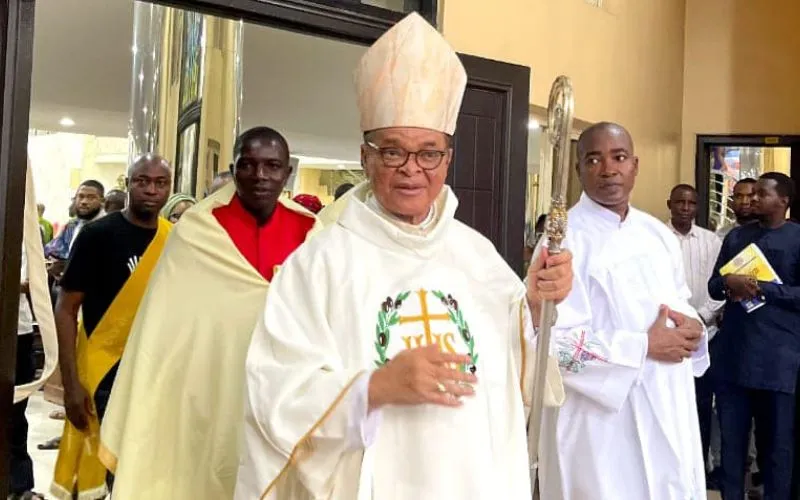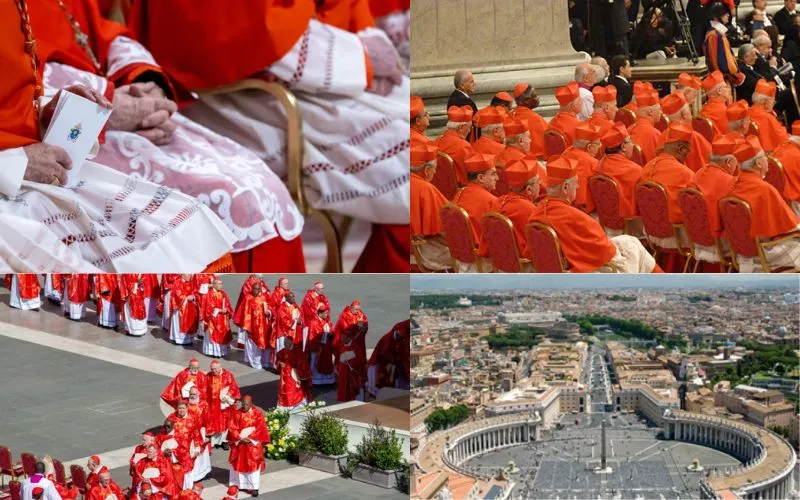“Far from embracing violence as a way of settling our differences, we should hearken to those beautiful words of Isaiah: Beat your sword into ploughshares,” the Nigerian Catholic Archbishop says in his 2024 Easter Message titled, “Facing the Future with Hope and Optimism.”
He continues, “As we celebrate Easter, we should realise that Christ's victory over death, which is also a sign of our own victory over the forces of evil, entails joy and inner peace for believers in Christ.”
“We cannot joyfully celebrate Easter with a heart laden with bitterness and hatred. Therefore, we need to proclaim forgiveness as a way to unity and peace in our families, communities, States and across the nation,” Archbishop Iwejuru says.
The Local Ordinary of Owerri, who started his Episcopal Ministry in July 1990 as Bishop of Nigeria’s Umuahia Diocese goes on to lament security challenges in Africa’s most populous nation, and the related effects in recent times.
“The general insecurity of life and property across the nation is heightened by the recent hike in the kidnapping of school children for ransom, especially in the Northern part of the country. Consequently, many families have been impoverished and are daily plagued by hardship, hunger and malnutrition,” he laments.
This state of affairs, the CBCN President says, “is driving many compatriots to feelings of despair, cynicism and apathy. Having had a myriad of shattered dreams and aborted hopes, many of our fellow citizens stare with despondency at a future that appears to promise them little or nothing.”
Despite this “gloomy and cheerless background”, the Nigerian Catholic Archbishop says, “the joyful and heart-warming Easter message resounds: God has raised Jesus to life. He would not allow injustice, oppression and death to triumph forever. He would not allow his people to die and perish in their helplessness. He desires that Christ and indeed all should have life and have it to the full.”
“Amidst our feeling of despair and disillusionment, Easter has a message of hope, namely: that at the end of every dark tunnel there is some light; that the darkest part of the night is the beginning of dawn,” he says.
The Local Ordinary of Owerri since his installation in June 2022 continues, “This message of hope underscores that even though the forces of evil might seem at times to have the upper hand over the good, on the long run goodness always triumphs over evil.”
“Far from yielding to pessimism and despair, believers in Christ face the future with hope and optimism; and persevere to the end in hard and difficult circumstances,” he emphasizes.








